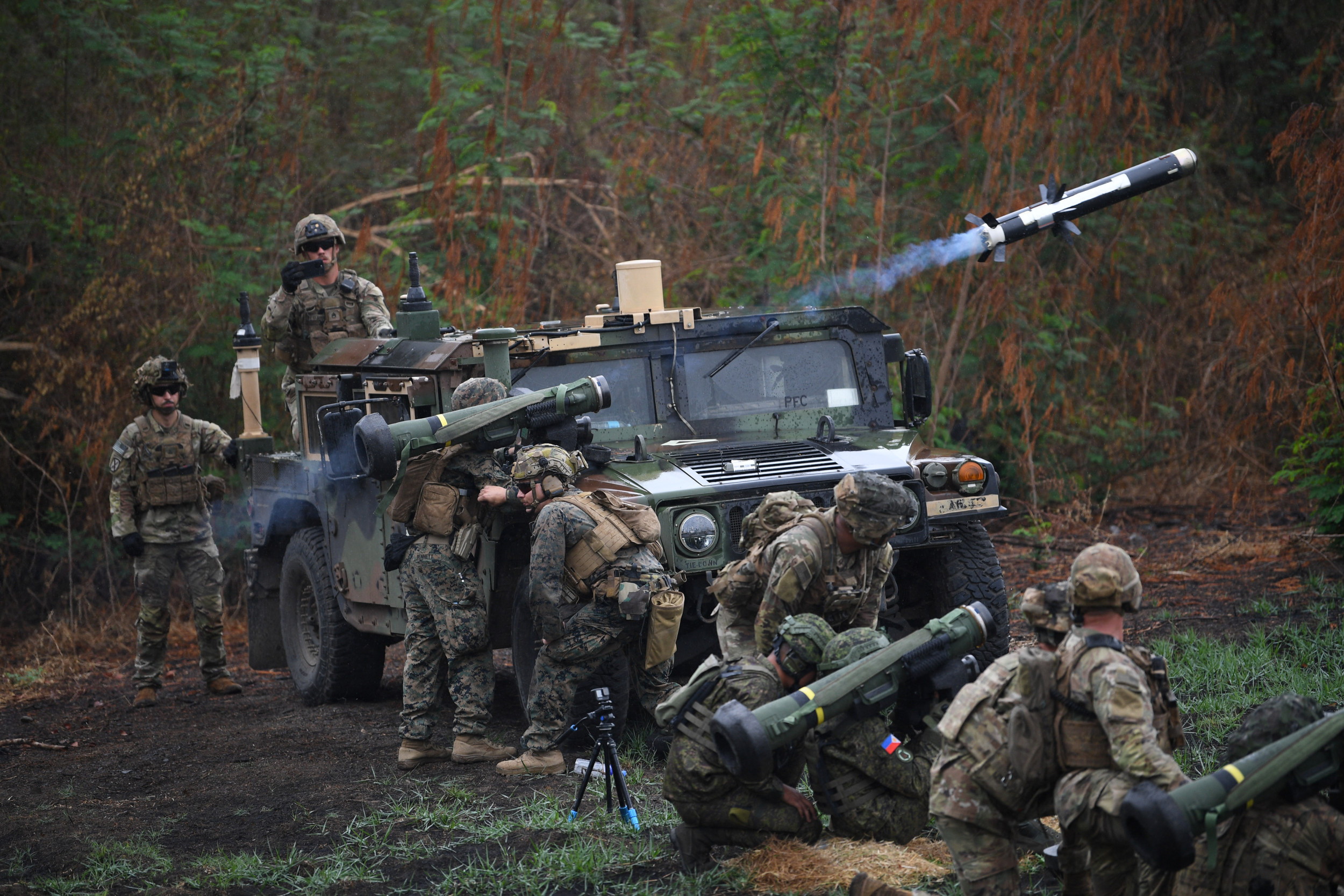Gallup is not asking about him in its prospective polling, and his daughter Liz's recent Fox News Sunday allusion to a presidential run provoked good-natured laughter, as though the suggestion were just a one-liner. Float the hypothetical in political conversation, and people roll their eyes dismissively.
But I think we should be taking the possibility of a Dick Cheney bid for the Republican presidential nomination in 2012 more seriously, for a run would be good for the Republicans and good for the country. (The sound you just heard in the background was liberal readers spitting out their lattes.)
Why? Because Cheney is a man of conviction, has a record on which he can be judged, and whatever the result, there could be no ambiguity about the will of the people. The best way to settle arguments is by having what we used to call full and frank exchanges about the issues, and then voting. A contest between Dick Cheney and Barack Obama would offer us a bracing referendum on competing visions. One of the problems with governance since the election of Bill Clinton has been the resolute refusal of the opposition party (the GOP from 1993 to 2001, the Democrats from 2001 to 2009, and now the GOP again in the Obama years) to concede that the president, by virtue of his victory, has a mandate to take the country in a given direction. A Cheney victory would mean that America preferred a vigorous unilateralism to President Obama's unapologetic multilateralism, and vice versa.
Three years out, the GOP field does not offer a putative nominee. When Gallup polled on the Republican race for 2012, it asked about Mike Huckabee, Mitt Romney, Sarah Palin, Newt Gingrich, Tim Pawlenty, and Haley Barbour (Huckabee won, with Romney and Palin tying for second among Republicans who were asked whom they would consider voting for). Cheney covers all the ground these folks do, and then some. (After Liz Cheney's remark on Fox News, a flood of subsequent e-mails asked her, "Where do I sign up?") In an era of ideological purity within the party, Cheney is among the purest; no one can question his conservative credentials on national security, and his record in the House and as vice president places him beyond reproach from the base. He was, it is true, second in command in years of great deficit spending, but his image as an implacable foe of terrorism and a hardliner on the projection of American power would go a long way toward securing his position within the party as a warrior of the old school offering himself once more to a nation he has served in four different decades.
A campaign would also give us an occasion that history denied us in 2008: an opportunity to adjudicate the George W. Bush years in a direct way. As John McCain pointed out in the fall of 2008, he is not Bush. Nor is Cheney, but the former vice president would make the case for the harder-line elements of the Bush world view. Far from fading away, Cheney has been the voice of the opposition since the inauguration. Wouldn't it be more productive and even illuminating if he took his arguments out of the realm of punditry and into the arena of electoral politics? Are we more or less secure because of the conduct of the wars in Afghanistan and Iraq? Does the former vice president still believe in a connection between Saddam and Al Qaeda? Did the counterterror measures adopted in the aftermath of the attacks go too far? Let's have the fight and see what the country thinks.
Historically the country has tended to muddle through somewhere between the extremes of right and left. There is often much virtue in conducting public life by fits and starts. When things drift too far one way in ideological terms, Americans are pretty good about tugging them back to the middle.
But the middle moves depending on where the poles of right and left are standing at a particular moment. Given Cheney's views, even conservatives who dislike him or think it is time to open a new chapter might give the possibility another thought, for it seems much more likely that Cheney would pull Obama to the right than that Obama would pull Cheney to the left. I think it is safe to say that neither a Huckabee nor a Palin bid would have the same effect.
No one foresaw Cheney's reemergence as a force in the politics of the 21st century until it happened. So perhaps the pattern is set, a pattern of insistent denial of interest—until it turns out that, hey, he is interested. Cheney's memoirs are due to be published—and thus due to be promoted—in the spring of 2011, not long before the caucuses and primaries begin. I'll bet you that the Barnes & Noble in Des Moines (there's a big one at The Shoppes at Three Fountains) is on the book tour.
Uncommon Knowledge
Newsweek is committed to challenging conventional wisdom and finding connections in the search for common ground.
Newsweek is committed to challenging conventional wisdom and finding connections in the search for common ground.





